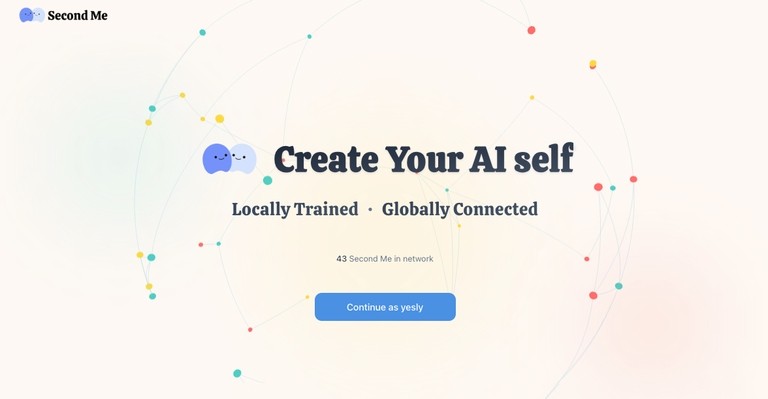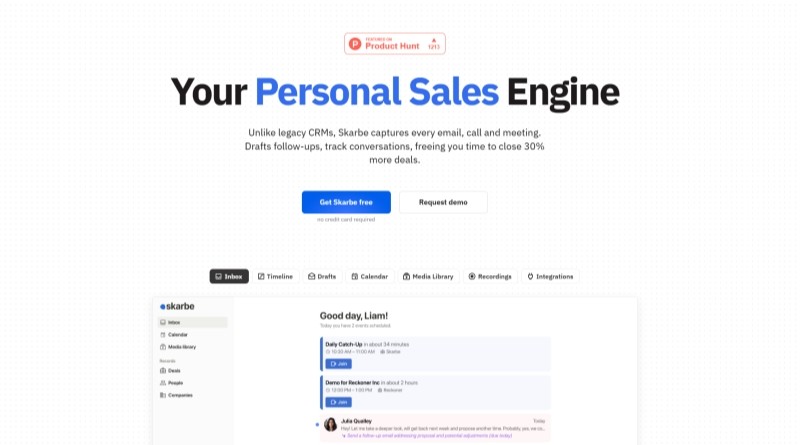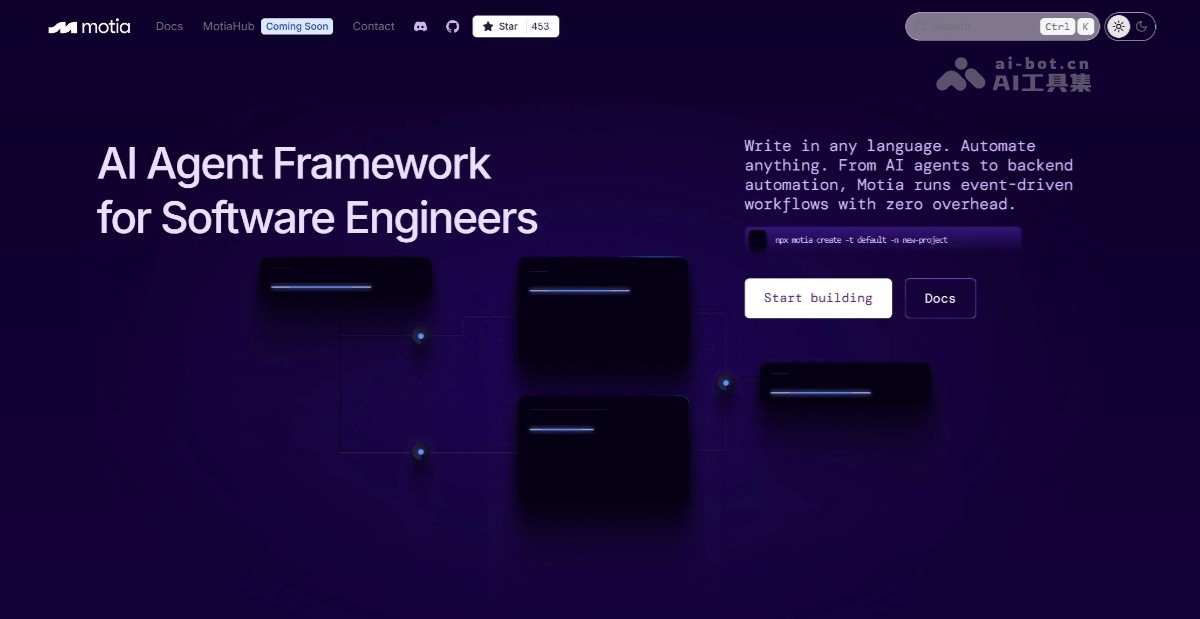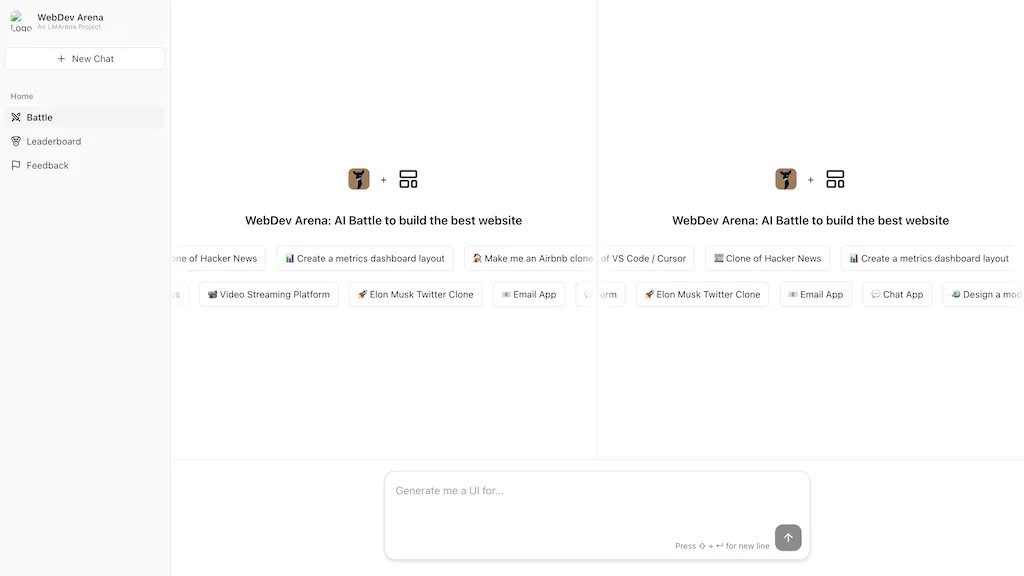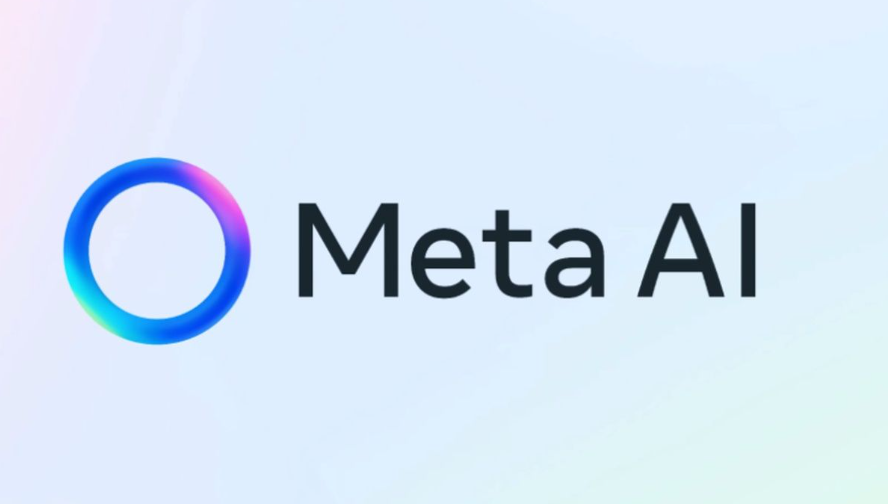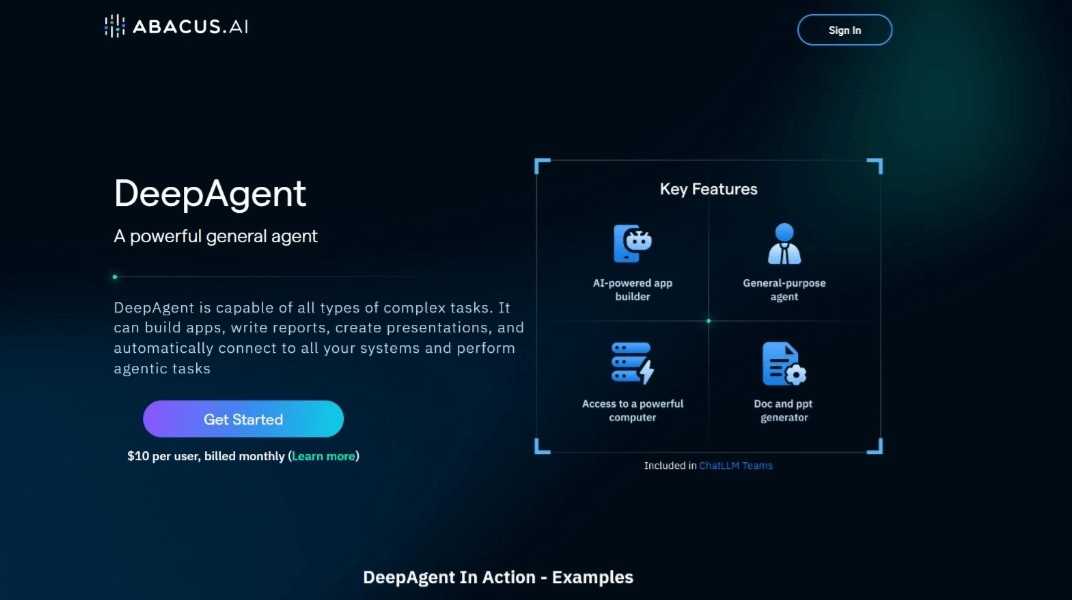Verba
Verba offers an advanced RAG interface combining Weaviate's database with multiple LLM providers for flexible data analysis and retrieval, supporting local or cloud deployment.
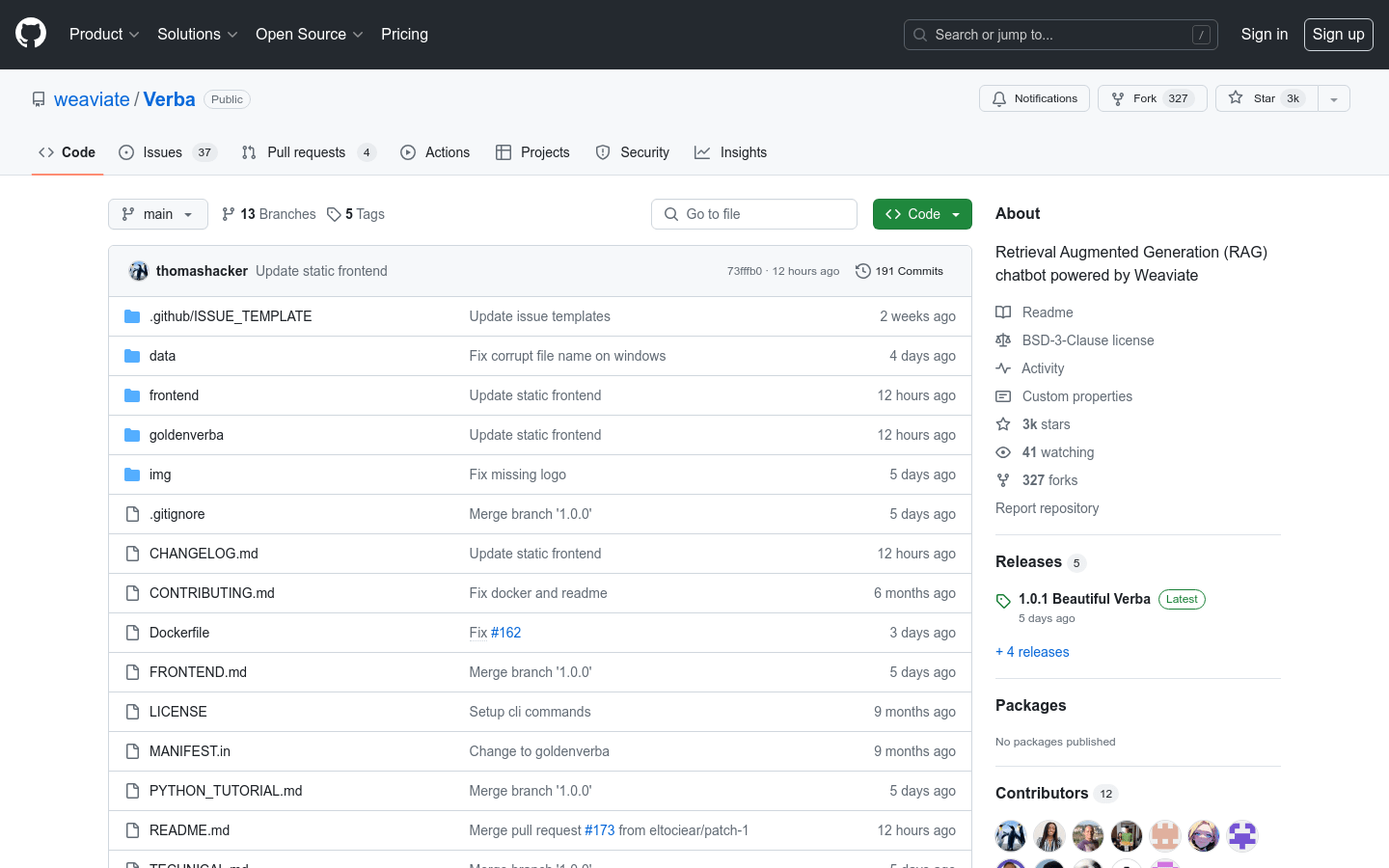
What is Verba?
Verba is an open-source application that offers a seamless retrieval-augmented generation interface. It integrates advanced RAG technology with Weaviate's context-aware database, supporting both local and cloud deployments. Developers, data scientists, and enterprise users can use it to explore datasets and extract insights more effectively.
